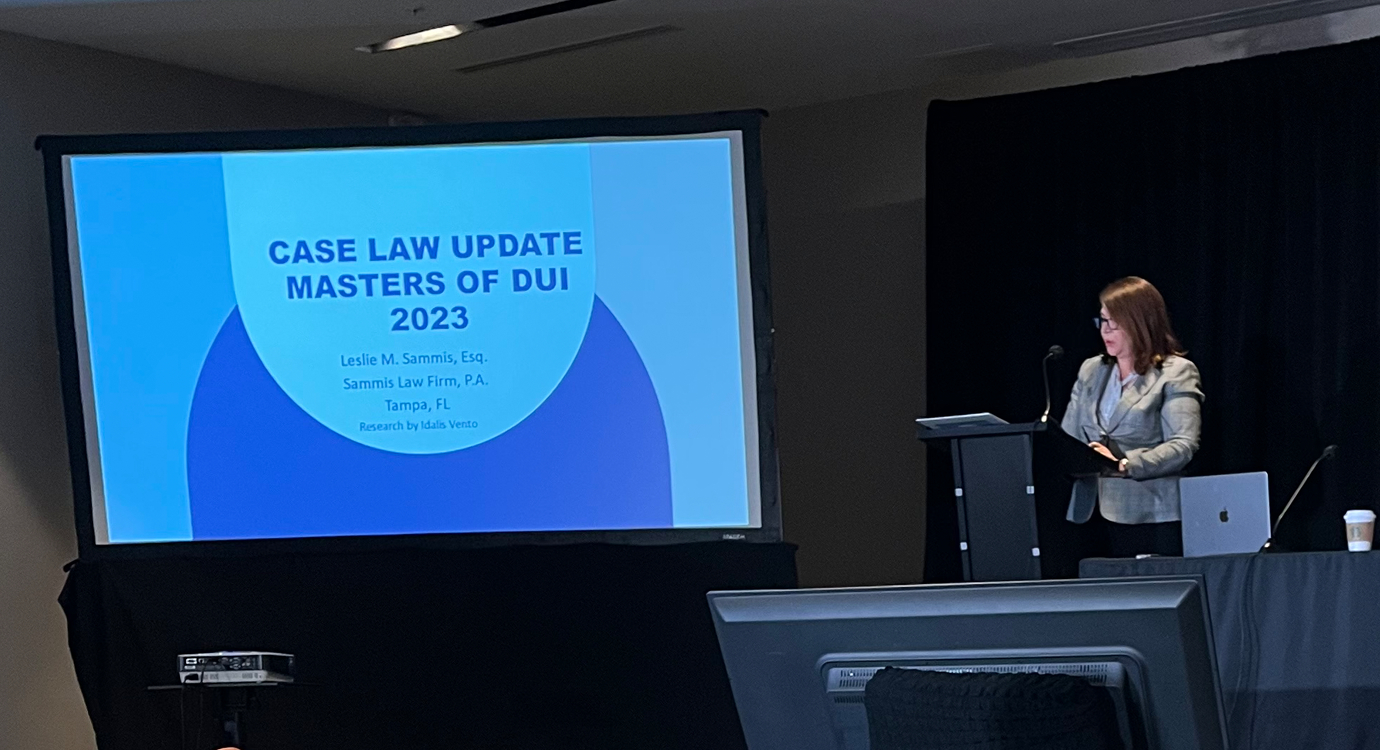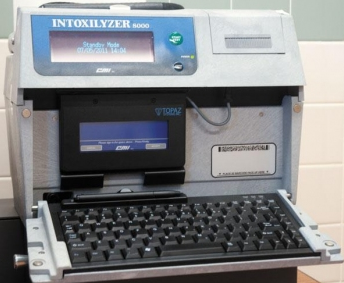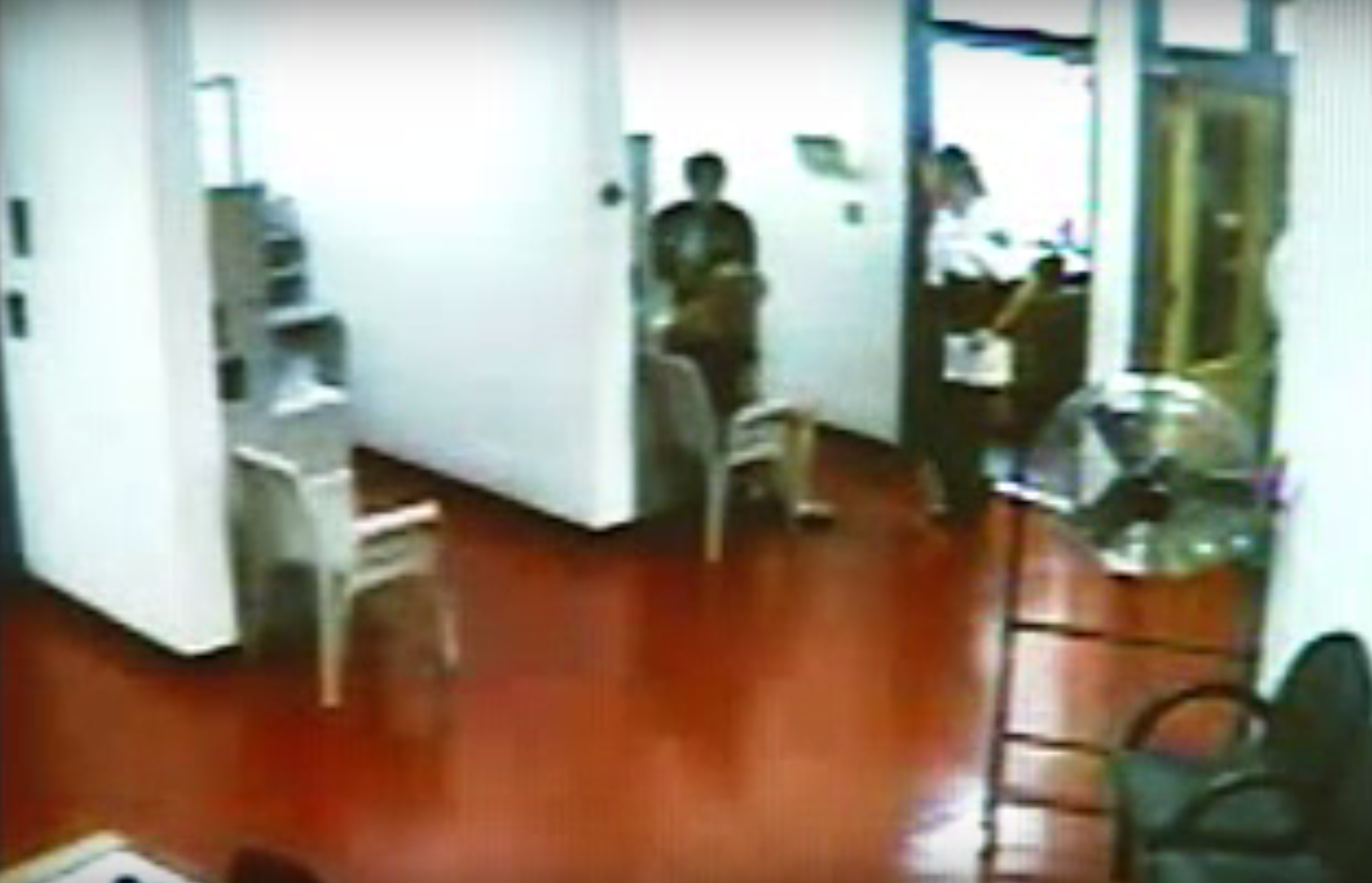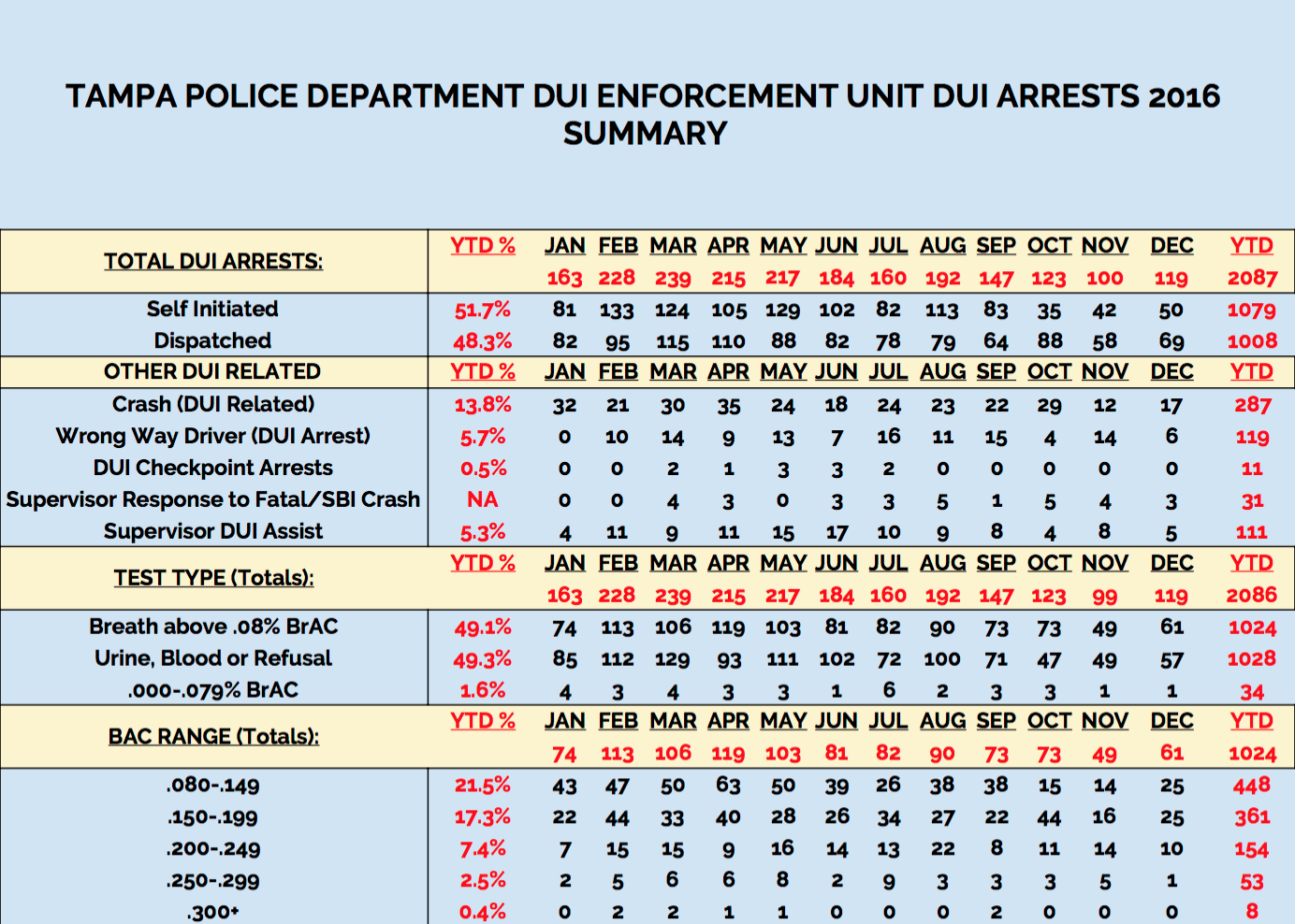
Florida DUI Rules for the Administrative Suspension – It’s Complicated…
StickyAfter an arrest in Florida for DUI, the officer might take your driver’s license and issue you an “on the spot” administrative suspension. You only have ten (10) calendar days to protect your driver’s license and ability to drive. Some people might tell you to waive all your rights by going to the DHSMV to […]










